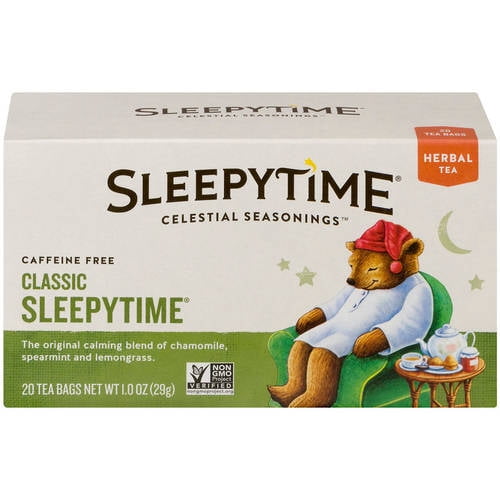

The authorship is the subject of speculation, as it is written as if directly from one or more celestial beings. In 1969, the same year Mo Siegel and friends collected the herbs in the Colorado Rocky Mountains that would be sold in health food stores and eventually became Celestial Seasonings, Siegel read The Urantia Book, which is a spiritual, philosophical, and religious book that originated in Chicago sometime between 19. In 2015 Hain Celestial Group settled and agreed to pay consumers a $7.5 million compensation for mislabeling their products with an additional $2.4 million worth of coupons. In 2013 Hain Celestial became one of 25 companies targeted in an ongoing class action lawsuit regarding allegations of falsely labeling their personal care products (including Celestial Seasonings) as ' organic' under California law (California Products Act of 2003) to mislead consumers into purchasing them. The company's teas are branded using animals, including an anthropomorphic bear for the Sleepytime range. Siegel retired for the second time in 2002. Ĭelestial Seasonings merged with natural food company the Hain Food Group in 2000 to form the Hain Celestial Group. Siegel returned in 1991, to serve as CEO. In 1990, Celestial Seasonings moved into new headquarters in a custom-designed facility in North Boulder. The sale was successfully challenged by Bigelow under antitrust laws, and local management purchased the company back from Kraft in 1988. Siegel retired in 1986, and the next year, Kraft announced they would sell Celestial Seasonings to Lipton. Ĭelestial Seasonings was purchased by Kraft Foods in 1984. The iconic paintings on many of the different tea blends (such as Sleepytime and Red Zinger) were created by Beth Underwood.

Celestial Seasonings also created and sponsored the Red Zinger Bicycle Classic race in Colorado during the 1970s. They soon created herbal tea blends (such as Sleepytime and Red Zinger) and moved to larger headquarters twice by 1977, the company began selling internationally. In the 1970s, Wycks' brother, John Hay, and Beth Underwood joined the company. Celestial Seasonings founders Mo Siegel, Peggy Clute, Wyck Hay, and Lucinda Ziesing started gathering herbs and flowers in the mountains around Boulder and selling them to local health food stores in 1969.


 0 kommentar(er)
0 kommentar(er)
